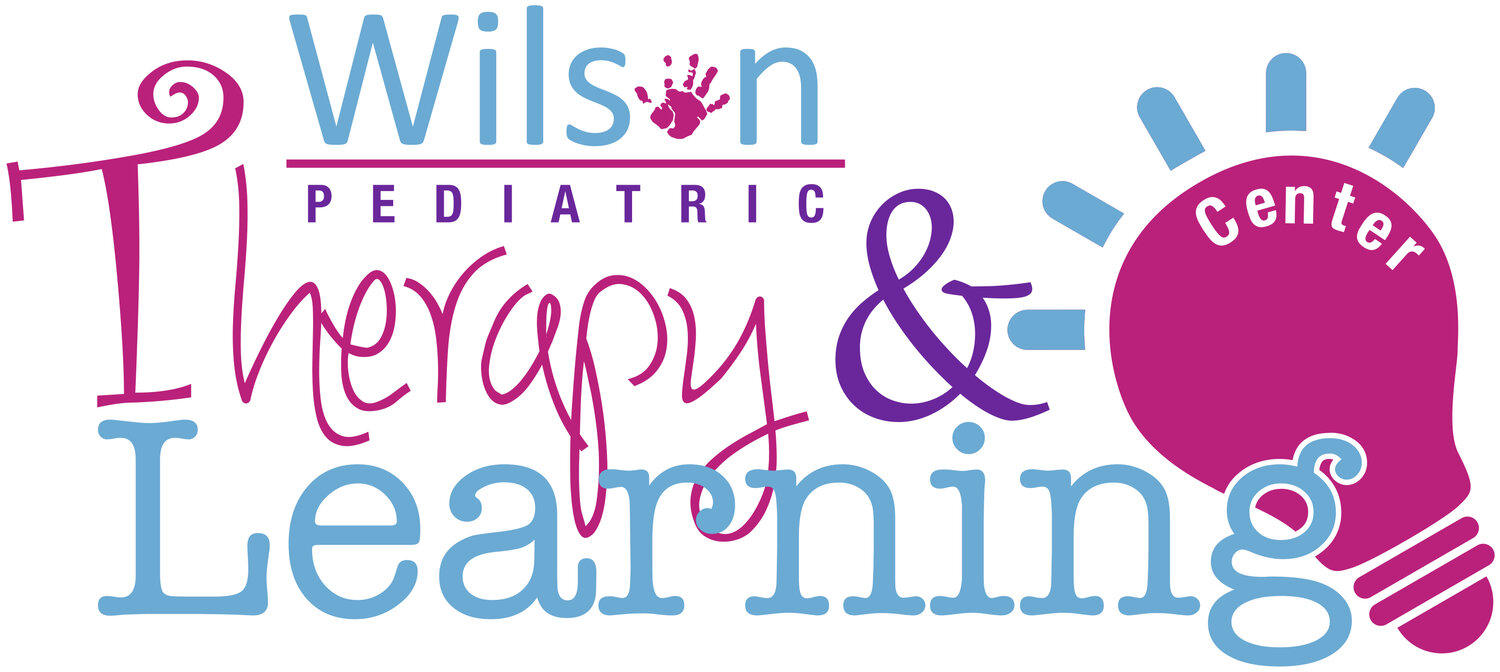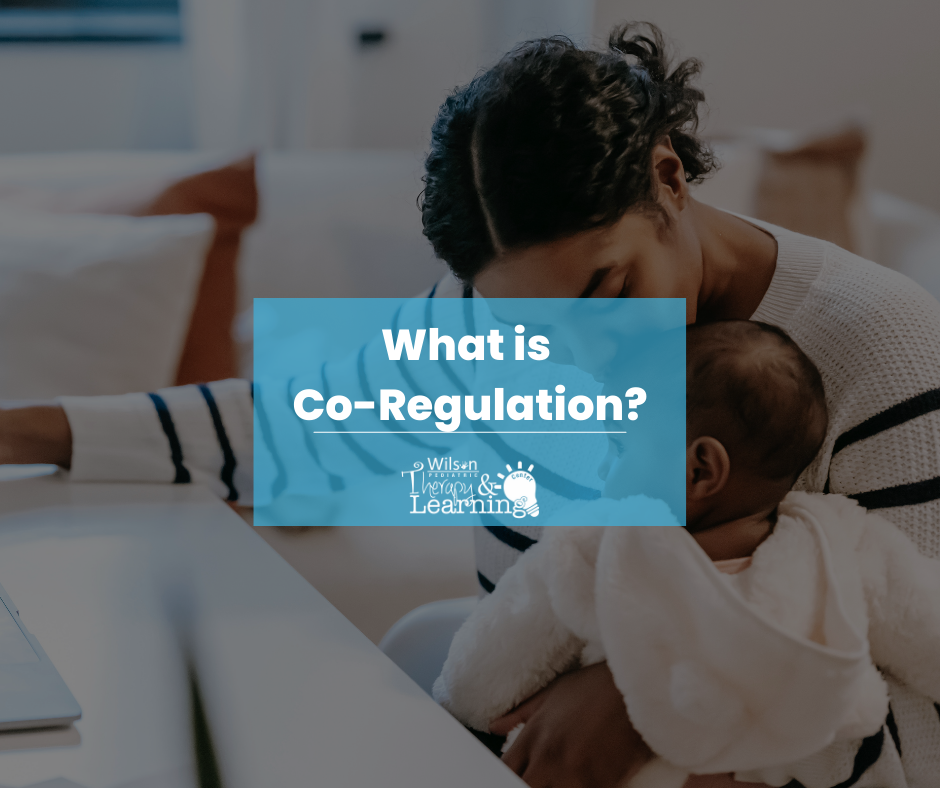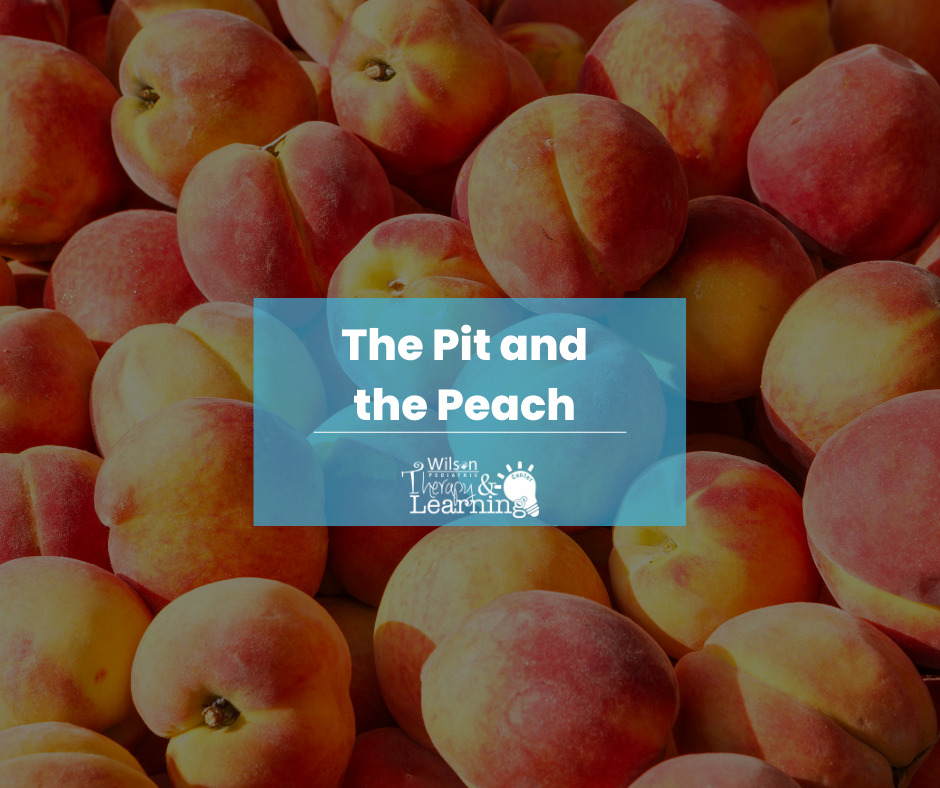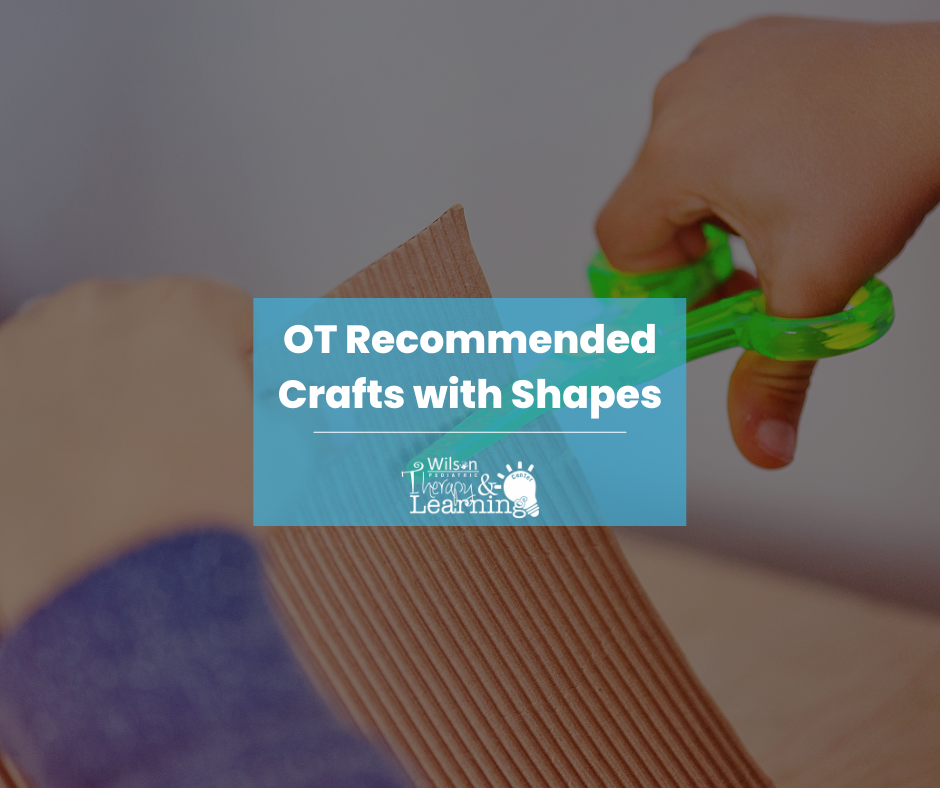What is Co-Regulation?
"Co-regulation" is the supportive process between adults and youth, children and young adults, which promotes self-regulation and the processing of emotions. The term first began to describe how caregivers support infants, but it evolved to describe the regulatory support that can occur across the lifespan. What co-regulation does is allow a child or young adult to observe, learn, and be coached by a caregiver to learn effective self-regulation techniques that they can use. It will enable the adult/caregiver to coach the child through difficult emotional situations.
Signs Of Dyslexia
Dyslexia can be a very complex diagnosis, beyond the classic signs of reading and spelling difficulty there is often an entire iceberg effect of many more challenges the child could be facing that amplify and impact their learning.
What are In-hand Manipulation Skills?
In-hand manipulation is one of the most complex fine motor skills. It involves moving an object within the hand. Usually, this manipulation is used to complete a functional task.
Postpartum Depression
Postpartum depression (PPD) is the most common postnatal complication of pregnancy. According to the World Health Organization (WHO, n.d.), somewhere between 10% and 20% of mothers experience postpartum depression in the first year after giving birth. Factors such as an unplanned pregnancy, a traumatic delivery, existing maternal depression and/or anxiety, a baby having a medical diagnosis or special health care need(s), lack of adequate social support, or maternal history of trauma put a mama at higher risk of developing PPD. While some "baby blues" are common after birth, these generally resolve within 2-3 weeks. However, PPD can pop up at any time within the first year or so after your baby's birth.
Overcoming the Stigma - A Parent Perspective On Getting A Child Evaluated
As parents, our minds are wired to want and to plan for only the best quality of life possible for our children. Our hearts are resistant to the idea that our child’s brain may be wired a little differently than what we envisioned for them, and so too often we may push back when that utopian vision of normalcy we’ve dreamt of is challenged. It’s not that we would love them any less if they do happen to need some extra help…it’s just that sometimes our hearts have a hard time letting go of the preconceived plans and notions we have built up for them and for ourselves as parents. People fear what they don’t understand.- Which I believe is one of the major hurdles in overcoming the common stigma parents carry towards having their child evaluated in the first place.
A Day in the Life of a Play Therapist
So, just what does a play therapist do all day? Well, a lot.
What is Occupational Therapy for Kids?
Occupational therapists, or OTs, work with people of all ages. Our main focus in occupational therapy is on what we call ADLs, which stands for Activities of Daily Living. BADLs (or Basic Activities of Daily Living) for people of all ages include self-feeding, dressing, grooming (brushing teeth, combing hair, hand washing), toileting, and showering/bathing. For children, ADLs also include play skills and being able to participate in learning at school, whether that be handwriting and fine motor skills, being able to sit and engage in learning activities, or being able to interact appropriately with peers.
Therapist Recommended Gift Guide
Need gift ideas for the kiddos in your life? We can help! Check out our list of therapist-recommended toys. Click on the image to shop!
Holidays and Kids' Right to Consent
The holidays are an exciting time for many families and kids. We see friends and family who we may not see much of other times of the year. That excitement is often expressed with hugs, kisses, and enthusiastic greetings, all of which can be overwhelming and sometimes unwanted for kids. Because of this, it is important for kids to be allowed to decide whether or not they want to engage in physical affection with others.
It's the Most Wonderful Time of the Year! Insurance Re-Enrollment
October brings lots of warm and cozy feelings. Pumpkin spice lattes, buffalo plaid prints, cooler nights, and looking into your insurance benefits for the following year to make sure you are getting enough coverage. Is it just me looking at insurance benefits? Anyone else? Well, you should be!
Tantrums and the Power of Validation
Parents express frustration about their kids having tantrums. This is a particularly common issue for kids between the ages of 2 and 5 but still happens with kids of all ages. Conventional parenting wisdom often encourages us to ignore the behavior, distract and redirect their attention to something else, or put them in timeout until they’ve calmed down. While these strategies may stop that particular tantrum, they are not always effective long-term.
What is Play Therapy?
To a play therapist, this picture tells a story of a kiddo who carries some heavy things. They were anxious about being in a new space. They worry about a lot of big things. They haven’t been able to make sense of those things on their own and don’t know what to do with their big feelings. This is a kiddo who doesn’t often feel in control of their life, which is scary for kids. This “mess” came with the opportunity to decide what they wanted to do, including whether or not they wanted to put things away. This opportunity to make these choices helped this kiddo start to feel safe in this space and with the therapist. And feeling safe is an important first step in therapy.
Back to School Tips
While the back-to-school season is typically an exciting time for most, many children struggle with this transition. This year especially, as students return to school after over a year of virtual or hybrid learning, they may need some extra support to prepare them for the new school year. Below are some ways you can help ease this transition and make sure your kiddo is ready to roll for their first day of school!
Can’t find what you’re looking for?
We want to provide you with as much help as possible! Is there a topic you want to know more about? Resources you need? Something you would like help with? Let us know! We will do our best to create blog posts tailored to our families needs.




















